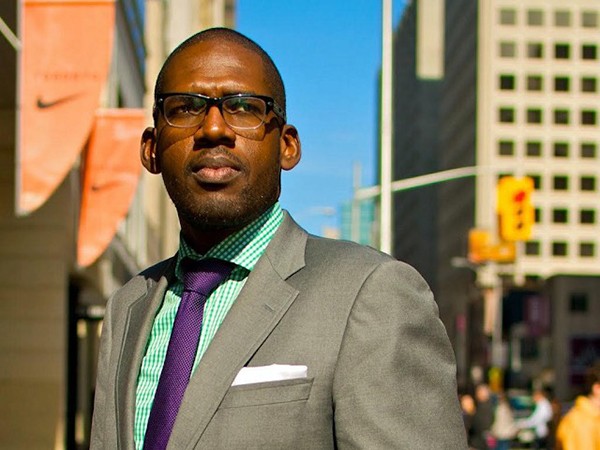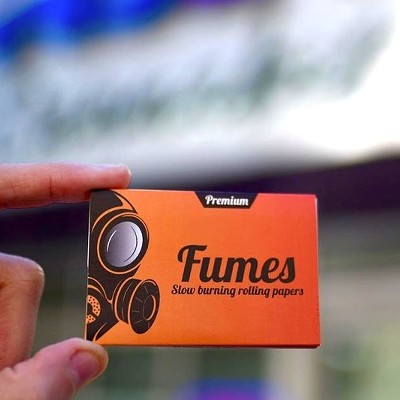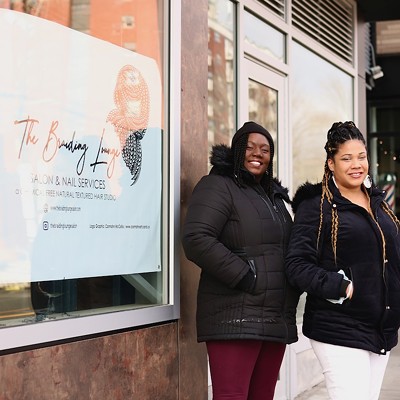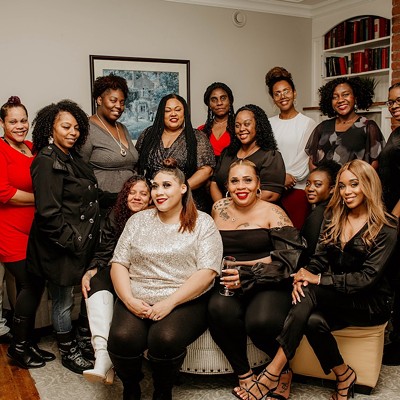
No, it’s not segregation. Neither is it reverse racism which, by the way, is not a thing. The need for Black people to have their own spaces is, in a word, healing.
It’s been almost 54 years since the end of Jim Crow and whether it’s Gucci or Halloween, we are still trying to convince people about the ignominy of blackface. Yet we are told as Black people to regularly suckle the insipid teat that says we are living in a post-racial world. Fun.
Simply put, we are tired. Black spaces allow Black people to have an intermission from the performance of the parts of ourselves that make white people comfortable. “Having Black spaces allow us to be together and be our true selves without the pressure of minimizing or changing who we are,” says Bria Miller, program coordinator at the Khyber Centre For The Arts and case-worker at Elizabeth Fry Society.
As an immigrant to Canada who has lived in both Toronto and Halifax, finding Black spaces was crucial to my well-being. For me, it was the barbershop. I realized that even though I “fit in” with the culture of the racial majority, I needed a respite from the daily dallying around micro-aggressions.
Kate Sunabacka is a community volunteer and industrial engineering student at NSCC. When asked about the importance of Black spaces, she says: “How to interact within more dominant Caucasian situations becomes normalized but often minorities go into survival like modes as a way of protection. People don’t realize that survival mode takes a lot of strength and energy. These spaces are important because it provides a ‘safe’ space where one can relax from ‘survival’ mode.”
Says Haligonian R&B singer-songwriter Kwento (AKA Kirsten Olivia), who is currently on the Mother Land, without missing a beat, “Black spaces are important because I can’t love my face until I see its reflection.”
In Between the World and Me, Ta-Nehisi Coates observes that terms like race relations serve “to obscure that racism is a visceral experience, that it dislodges brains, blocks airways, rips muscle, extracts organs, cracks bones, breaks teeth.”
Even within marginalized communities like the LGBTQ+, Black people oftentimes have to politically take up space in order to be seen and heard. Cue: Black Lives Matter at the 2016 Toronto Pride Parade.
Due to the racial imbalance of our society, it is imperative for oppressed voices to be heard. There, however, is hope.
It lies with Black millennials, as they are among the first generation to engage in a comprehensive discussion about healing. And, in the words of Kwento, “All Black people know why they need space.”















